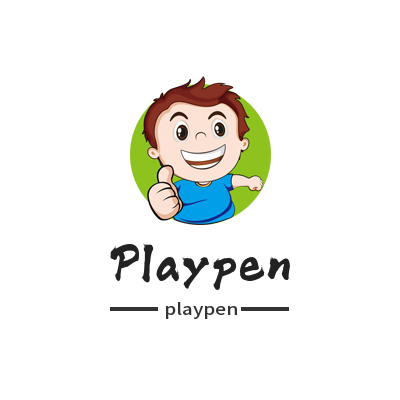Playpens play an important role in helping children develop social skills. Here's how it does it:
Peer interaction: The playpen provides a place to interact with children of the same age. When multiple children play together in a playpen, they have the opportunity to learn how to bond with others and share toys and experiences. This peer interaction develops their social skills, including communication, sharing, cooperation, and compromise.
Observe and imitate: In a playpen, children have the opportunity to observe the behaviors and movements of other children. They notice how other children behave in terms of how they interact with toys, how they communicate with other people, and so on. Through observation and imitation, they learn social skills such as how to interact with others, express their needs and understand the emotions of others.

Share and cooperate: The playpen is a place for children to share and cooperate. They learn how to share toys with other children, collaborate on a task, or solve problems together. This experience of sharing and working together helps them develop social skills by developing a sense of cooperation, learning to compromise, and understanding the needs of others.
Emotional Expression: In a playpen, children can develop emotional connections with other children. They can express their emotions and needs through facial expressions, body language, and sounds. Such emotional communication helps children learn how to establish emotional connections with others, understand other people's emotions, and gradually develop the ability to express their own emotions.
Resolve conflicts and listen to others: Children in playpens sometimes have conflicts or disagreements. This gives them the opportunity to learn how to resolve conflicts and listen to others. They can learn to share ideas, respect the opinions of others, and find compromises and solutions, thereby developing social skills for problem-solving and working with others.
In these ways, playpens help children interact socially with their peers and promote the development of their social skills. These social skills will provide a strong foundation for their future relationships and social interactions.

